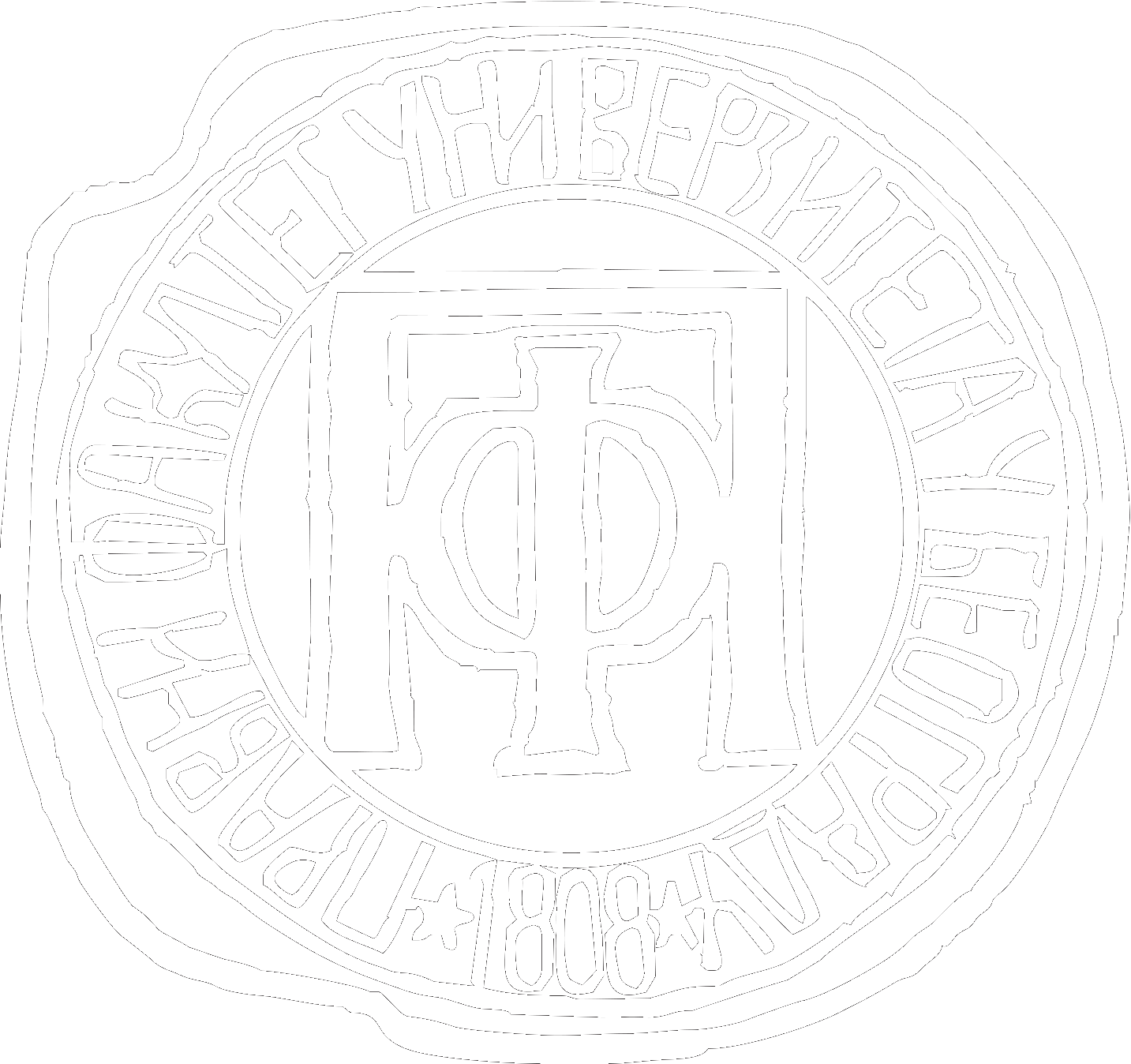Форензичка неуропсихологија - улога и значај у правосудном систему
DOI:
https://doi.org/10.5937/crimen2101053LКључне речи:
форензичка неуропсихологија; симулација; агравација; тестирање напора; неуропсихолошка евалуацијаСажетак
Подручје форензичке неуропсихологије је ново и почива на обимној истраживачкој бази. Његовом развоју свакако доприноси и проширивање подручја неуропсихологије на дечју, адолесцентну и неуропсихологију старења. Разлика између неуропсихолошке праксе у клиничким условима и оне у форензичкој области је упечатљива. Циљеви у ове две специјалности се значајно разликују и та кључна разлика у циљевима води до различитих претпоставки, улога, савеза и метода. Етички и законски захтеви ограничавају обелодањивање одређених података до којих је дошао форензички неуропсихолог, као што је тестовни материјал и тестовни резултати. Захтев за обезбеђивање копија ових података може бити упућен само од стране другог неуропсихолога који је ангажован као саветник од стране суда, тужилаштва или одбране. Неуропсихолошко тестирање у великој мери зависи од уложеног напора испитаника, јер је један од циљева открити горњу границу когнитивних способности. Неуропсихолози рутински процењују неадекватан тестовни напор и преувеличавање симптома и проблема. Такође, важно је објаснити испитаницима значај улагања максималног напора у раду као и прецизног извештавања о сопственим симптомима и проблемима.
Downloads
Референце
American Psychiatric Association. 1994. Diagnostic and Statistical Manual of Mental Disorders. 4th ed. Washington, D.C.
American Psychological Association. 2017. Ethical Principles of Psychologists and Code of Conduct. Washington, D.C.
Boone, K. B. 2007. Assessment of Feigned Cognitive Impairment: A Neuropsychological Perspective. New York: Guilford Press.
Boyd, A. R., A. M. McLearen, R. G. Meyer, and R. L. Denney. 2006. Detection of Deception. Sarasota, FL: Professional Resource Press.
Bush, S. S., R. M. Ruff, A. I. Troster, J. T. Barth, S. P. Koffler, and N. H. Pliskin. 2005. "Symptom Validity Assessment: Practice Issues and Medical Necessity." Archives of Clinical Neuropsychology 20(4). https://doi.org/10.1016/j.acn.2005.02.002
Denney, R. L., and T. F. Wynkoop. 2000. "Clinical Neuropsychology in the Criminal Forensic Setting." Journal of Head Trauma Rehabilitation 15. https://doi.org/10.1097/00001199-200004000-00005
Faust, D. 1991. "Forensic Neuropsychology: The Art of Practicing a Science That Does Not Yet Exist." Neuropsychology Review 2(3). https://doi.org/10.1007/BF01109045
Greenberg, S. A., and D. W. Shuman. 1997. "Irreconcilable Conflict Between Therapeutic and Forensic Roles." Professional Psychology: Research and Practice 28. https://doi.org/10.1037//0735-7028.28.1.50
Hannary, H. J., and M. D. Lezak. 2004. "The Neuropsychological Examination: Interpretation." In Neuropsychological Assessment, 4th ed., edited by M. D. Lezak, D. B. Howieson, and D. W. Loring. New York: Oxford University Press.
Heilbrun, K., G. R. Marczuk, D. DeMatteo, E. A. Zillmer, J. Harris, and T. Jennings. 2003. "Principles of Forensic Mental Health Assessment: Implications for Neuropsychological Assessment in Forensic Contexts." Assessment 10(4). https://doi.org/10.1177/1073191103258591
Hom, J. 2003. "Forensic Neuropsychology: Are We There Yet?" Archives of Clinical Neuropsychology 18. https://doi.org/10.1016/S0887-6177(03)00076-3
Hom, J., and J. Nici. 2004. "Forensic Neuropsychology." In Comprehensive Handbook of Psychological Assessment: Intellectual and Neuropsychological Assessment, Vol. 1, edited by G. Goldstein and S. R. Beers. Hoboken, NJ: John Wiley. https://doi.org/10.1002/9780471726753.ch22
Horton, A. M. N. 2003. "Overview of Forensic Neuropsychology." In Handbook of Forensic Neuropsychology, edited by A. M. N. Horton and L. C. Hartlage. New York: Springer Publishing Company.
Kodeks etike psihologa Srbije. 2000. Beograd: Društvo psihologa Srbije.
Larrabee, G. J. 2005. Forensic Neuropsychology: A Scientific Approach. New York: Oxford University Press.
Larrabee, G. J. 2007. "Introduction: Malingering, Research Designs, and Base Rates." In Assessment of Malingered Neuropsychological Deficits, edited by G. J. Larrabee. New York: Oxford University Press.
Martell, D. A. 1992. "Forensic Neuropsychology and the Criminal Law." Law and Human Behavior 16. https://doi.org/10.1007/BF01044772
Martelli, M. F., S. S. Bush, and M. D. Zasler. 2003. "Identifying, Avoiding, and Addressing Ethical Misconduct in Neuropsychological Medicolegal Practice." International Journal of Forensic Psychology 1(1).
Resnick, P. J. 1997. "Malingering of Posttraumatic Disorders." In Clinical Assessment of Malingering and Deception, 2nd ed., edited by R. Rogers. New York: Guilford Press.
Rogers, R. 2008. Clinical Assessment of Malingering and Deception. 3rd ed. New York: Guilford Press.
Saks, M. J. 1990. "Expert Witnesses, Nonexpert Witnesses, and Nonwitness Experts." Law and Human Behavior 14(4). https://doi.org/10.1007/BF01068158
Serafim, A., F. Saffi, T. Silva, C. Almeida, E. Hokama, and D. Barros. 2015. "Forensic Neuropsychological Assessment: A Review of Its Scope." Archives of Clinical Psychiatry 42(2). https://doi.org/10.1590/0101-60830000000049
Sullivan, J. P., and R. L. Denney. 2003. "Constitutional and Judicial Foundations in Criminal Forensic Neuropsychology." Journal of Forensic Neuropsychology 3(4). https://doi.org/10.1300/J151v03n04_03
Wynkoop, T. F., and R. L. Denney. 1999. "Exaggeration of Neuropsychological Deficit in Competency to Stand Trial." Journal of Forensic Neuropsychology 1(2). https://doi.org/10.1300/J151v01n02_04

Downloads
Објављено
Како цитирати
Bрој часописа
Секција
Лиценца
Сва права задржана (c) 2021 Ивана Лепосавић, Јасна Вељковић

Овај рад је под Creative Commons Aуторство 4.0 Интернационална лиценца.
Аутори задржавају ауторска права и дају часопису право првог публиковања рада, што омогућава другима да деле рад уз признање ауторства и изворног објављивања у овом часопису.










